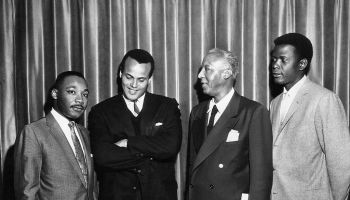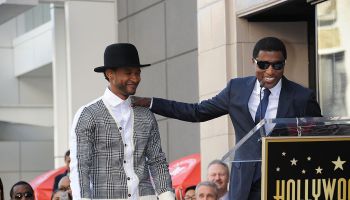Sitting in the Angelika Theatre in downtown New York City on Friday night, waiting for Fruitvale Station to start, I did not know what I was in for.
The movie is about the death of Oscar Grant on New Year’s Day, 2009 in Oakland, California. Grant, an unarmed 22-year-old African-American man, was with friends and his girlfriend on the way home to his daughter from New Year’s festivities when he was shot by a police officer. Having closely followed the Trayvon Martin trial, I felt prepared for the movie. I thought I knew enough about one law-enforcement-on-young-black-male crime to appreciate another.
I was wrong.
The film, by 27-year-old Ryan Coogler, begins with the shaky footage of the actual shooting. Unlike Trayvon Martin’s killing, Grant’s had a subway-station full of witnesses. Camera phone videos surfaced of the murder. The grainy video opened the film. After leaving me shocked and horrified, Oscar Grant, played by Michael B. Jordan, and his girlfriend, Sophina, appear on screen.
As I was taken on a tour of the last day in the life of Grant, I became so emotionally invested in all the characters. I felt such a connection to them that when the shooting occurred later in the movie, I was praying along with his family on screen for him to survive. At the end, when it was revealed the BART officer served just 11 months for his heinous crime, it was too much to handle.
While I’m notoriously emotional at movies (all it takes is a Lifetime special for some waterworks), I was a kind of hysterical I’ve never before experienced in a darkened theater. The worst part was, this time I couldn’t tell myself it was just a story. The glaring reality is that it was real. It happened in 2009, and it is happening right now.
When I left the theater, the sadness did not leave with me. I realized that for all the testimonies I watched and news pieces I read, Trayvon Martin was still not a real person to me. I could not add the crucial third dimension to Martin that would allow him to become human. Only after seeing how important Grant was to his mother, girlfriend, daughter, friends, and even strangers at the grocery store, did I fully come to empathize and sympathize on a deeper level.
So what does it say that it took four whole years for Oscar Grant to mean something to me? Will Trayvon have to wait that long? Do we need a blockbuster movie to realize that every life is invaluable? That everyone is something to someone, that no life is disposable or worth less?
The very next day, George Zimmerman, Martin’s killer, was declared a free man. In four years, an almost identical crime went from carrying 11 months in prison, to 0.
Though the protests and public outrage is encouraging, the confluence of the verdict, the movie, and the political climate call for a nation-wide dialogue. It is time for change.
We live in a society in which celebrities seem like our friends, gossip magazines track their every move, making sure we stalk them down the street and in their homes. Why is it so easy to humanize these public figures we will never meet, to give them three dimensions, and so hard to do that for the innocent victims of unprompted, cold-blooded murder?
I refuse to wait four years for a movie to prove that Trayvon mattered.
We must show the Martin family their son did not die in vain. Whether it’s by signing a petition, donating to the Trayvon Martin Foundation, taking to the streets, writing an article, or engaging in conversation, now is the time to act. We must ensure 2016 looks different than 2012. That the next time a young man rides the subway or walks down an alleyway, he comes out alive.
Sophie Jacob is a News and Politics Intern at GlobalGrind and a rising sophomore at Northwestern University.
















